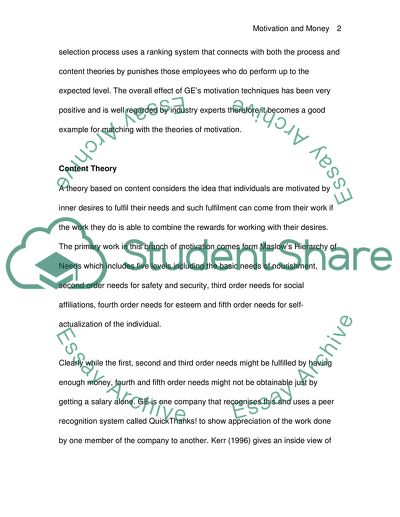Cite this document
(“'Employees cannot be motivated with money' Discuss Essay”, n.d.)
'Employees cannot be motivated with money' Discuss Essay. Retrieved from https://studentshare.org/miscellaneous/1539819-employees-cannot-be-motivated-with-money-discuss
'Employees cannot be motivated with money' Discuss Essay. Retrieved from https://studentshare.org/miscellaneous/1539819-employees-cannot-be-motivated-with-money-discuss
('Employees Cannot Be Motivated With money' Discuss Essay)
'Employees Cannot Be Motivated With money' Discuss Essay. https://studentshare.org/miscellaneous/1539819-employees-cannot-be-motivated-with-money-discuss.
'Employees Cannot Be Motivated With money' Discuss Essay. https://studentshare.org/miscellaneous/1539819-employees-cannot-be-motivated-with-money-discuss.
“'Employees Cannot Be Motivated With money' Discuss Essay”, n.d. https://studentshare.org/miscellaneous/1539819-employees-cannot-be-motivated-with-money-discuss.


